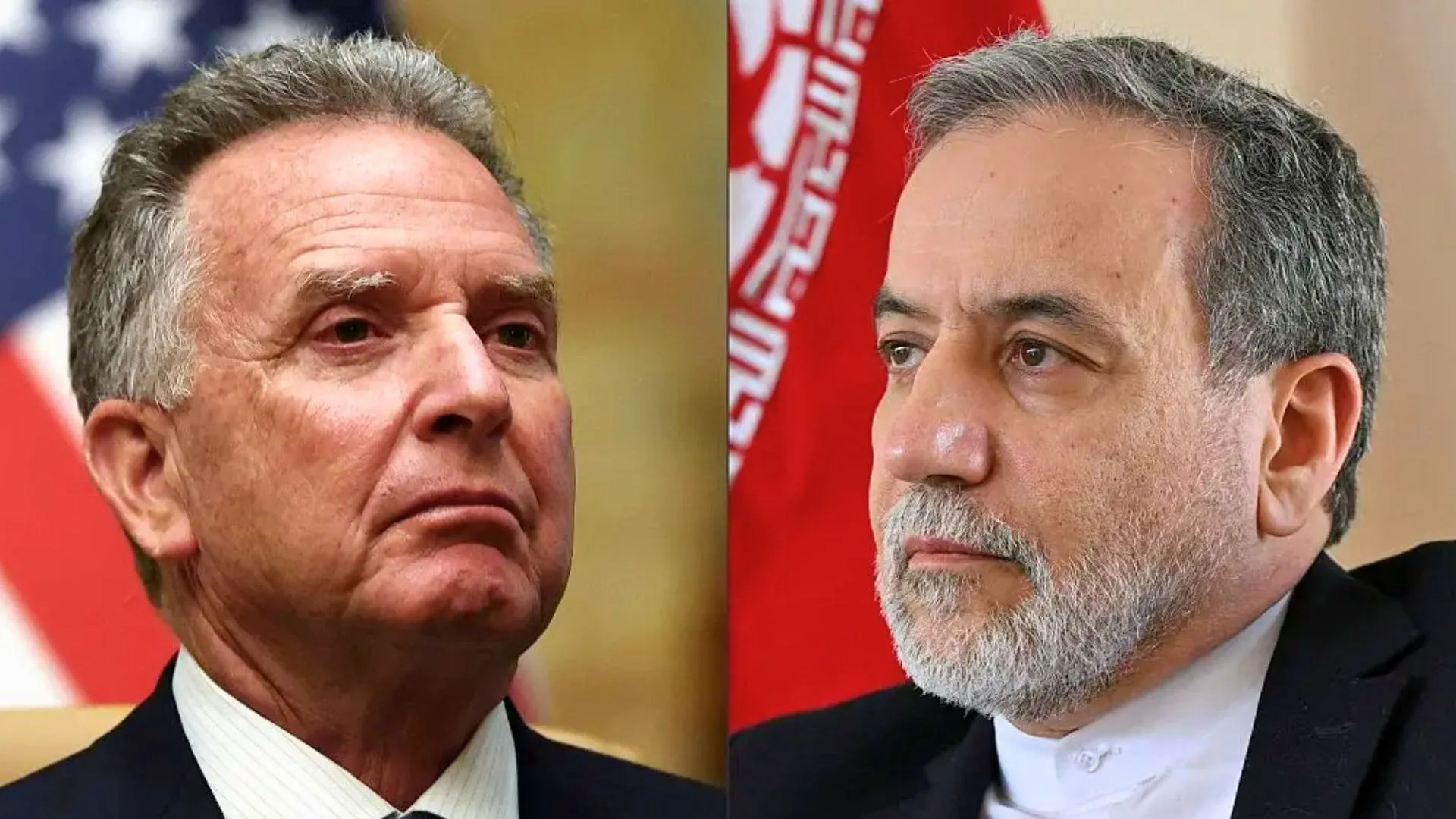The US-Iran indirect nuclear talks first round wrapped up with guarded optimism. Both countries agreed to resume negotiations, which were held in Muscat, Oman. Although Iran’s Foreign Ministry labeled the talks as “constructive,” tensions have not eased.
The specter of President Trump’s 2018 withdrawal from the Joint Comprehensive Plan of Action (JCPOA) still casts a shadow. Questions now are: Can Trump revive the nuclear deal, and will Iran again trust the U.S.? The next round in Rome will be a test of the political will of both nations.
Mistrust and Iran’s cautious approach
Iran is being circumspect due to profound mistrust of the Trump administration, particularly following the US withdrawal from the accord in 2018. Tehran’s desire to conduct backchannel discussions rather than direct talks is a sign of this suspicion. Iran is feeling its way before committing fully, experts explain. Prof. Seyed Emamian, a political commentator, points to Iran’s fears of Trump’s high-profile threats, such as military strikes.
Iran regards the US as untrustworthy. Its fear of another leadership transition and recurrence of history causes it to be reluctant. Such history makes any possible agreement complicated, as Iran wonders if it will last long.
Trump’s polarized inner circle and its impact
Trump’s leadership is characterized by isolationism, with his inner circle split on the Iran deal. Emamian highlights that Trump’s isolationist wing, dominated by individuals such as Steve Witkoff, is very powerful. Unlike previous administrations, Trump’s leadership gives him more leeway in foreign policy. This change reduces Israel’s leverage over US policy, particularly on Iran, giving Trump greater room to consider a new deal.
This internal split renders the US stance on the Iran agreement uncertain. Iran is carefully watching these developments. Any sign that the US is going back to a hardline policy could encourage Iran to leave the talks.
Israel factor: Balancing regional interests
Israel’s objection to Iran’s nuclear program continues to be a top priority. Emamian mentions that Trump is attempting to move US policy away from Israeli interests at the negotiating table. By challenging Netanyahu, Trump indicates a change in course, one that would potentially exclude Israel from the talks. Yet, Israel’s strategic interests will continue to inform the negotiations.
Geopolitical landscape: Beyond the nuclear deal
The larger geopolitical environment frequently eclipses the central issue of nuclear proliferation. Iran’s associations with radical factions such as Hezbollah and Hamas make US-Iran relations complex. Emamian contends that the nuclear negotiations must be exclusive to Iran’s nuclear program and not its behavior in the region. The question for both is how to contain the negotiations within nuclear issues while avoiding allowing greater geopolitical issues hijack the negotiations.
Iran places great importance on regional power and has helped proxy forces, and this will likely be an issue in the negotiations. The American negotiators will likely insist that some or all of these larger issues be included, making the path to a nuclear agreement more difficult.
Indirect talks, Round 2 in Rome
With Round 2 looming, Iranian leaders are still on guard. The American delegation, headed by Trump loyalists, might be more forthcoming, but Iran is wary of overly optimistic expectations. Tehran’s position is as clear as ever: so long as the negotiations remain centered on nuclear issues and refrain from inflammatory language, the way forward is achievable. But outside influences, such as Israeli interventions and regional tensions, might trip up the precarious confidence established to date.
#Iran says next round of “indirect” talks with the U.S. to move out of Oman, but negotiation format will stay the same. Media report the next round could take place in Rome, citing an Italian official involved in the planning -xhtxs.cn/2MG pic.twitter.com/Nz94t7oWO5
— Zhang Meifang (@CGMeifangZhang) April 15, 2025
Rebuilding Peace or Pursuing Political Gain?
One of the most important questions is Trump’s motivation: is he really eager for peace or pursuing political benefit before the elections in 2025? According to Emamian, Trump might desire to be regarded as a peacemaker, particularly after his peacemaking role in brokering peace between Russia and Ukraine. Should Trump achieve the deal, then he would have enhanced his status as a statesman who stops long-standing rivalries.
Critics say Trump’s approach is politically driven. By engaging in negotiations, he might be able to position himself as a stabilizing influence in the Middle East, appealing to voters tired of military interventions.
Why Indirect talks? Iran’s strategy of caution
Iran’s use of indirect negotiations also reflects its measured approach. According to Emamian, Iran is trying not to threaten, but rather maintain, respect for its sovereignty from the US. By negotiating indirectly, Iran communicates that it does not want to negotiate based on threats of force. It is part of a larger campaign to protect its interests while trying to get a mutually acceptable deal.
For Iran, the risks are high. What happens here will not just shape its nuclear project but its regional geopolitical status.
Future of the JCPOA
The future of the Joint Comprehensive Plan of Action (JCPOA) is unknown. Although the two are holding negotiations, the geopolitical environment has changed. Trump’s Presidency, Israeli pressure, and regional factors will all come into play as the negotiations proceed. Emamian emphasizes that although short-term agreements are the focus, long-term implications on US-Iran relations remain uncertain.
Despite setbacks, both sides are willing to negotiate. But the road ahead is still filled with pitfalls. With political pressures continuing to build in both the US and Iran, it is uncertain whether these negotiations will lead to a permanent agreement or fail again.
As the talks go on, the fate hangs in the balance. Both nations have said they want to advance, but the path is littered with landmines. With Trump’s political strategy, Israel’s interests, and Iran’s regional agenda all at stake, only time will tell if a new nuclear deal can be done or if both parties will have to start over from scratch.























